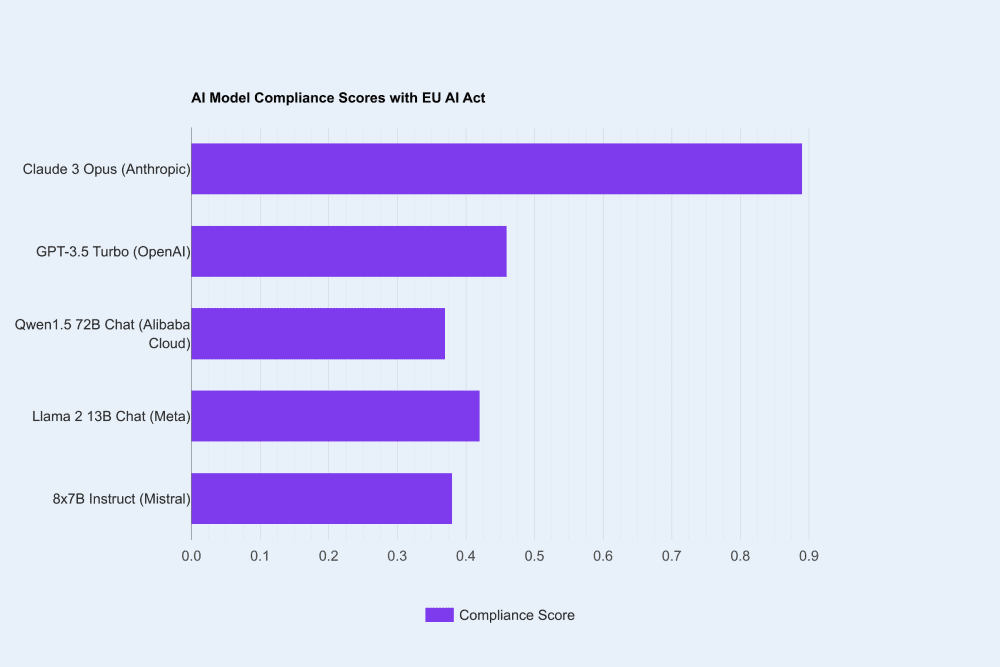The EU AI Act is a pioneering piece of legislation that aims to establish a comprehensive and risk-based framework for regulating artificial intelligence. This landmark regulation has been significantly influenced by the work of the EU Commission’s High-Level Expert Group on AI. In this article, we will explore how the Ethics Guidelines have inspired the AI Act and the role they continue to play in its context.
The Foundation: Ethics Guidelines and Policy Recommendations
The High-Level Expert Group on AI, established by the European Commission, was tasked with developing guidelines and recommendations to ensure the ethical and responsible development of AI technologies. Their work culminated in the publication of the Ethics Guidelines for Trustworthy AI and a set of Policy and Investment Recommendations. These documents have laid the groundwork for the AI Act, emphasizing principles such as transparency, accountability, and human oversight.
Key Principles Integrated into the AI Act
The AI Act incorporates several key principles from the Ethics Guidelines, including:
- Transparency: AI systems must be transparent, with clear documentation and explanations of how they work.
- Accountability: Developers and deployers of AI systems are accountable for their actions and must ensure compliance with ethical standards.
- Human Oversight: AI systems should augment human capabilities and include mechanisms for human intervention.
- Fairness: AI systems should be free from bias and discrimination, promoting fairness and equality.
Impact on AI Development and Deployment
The AI Act’s comprehensive approach to regulation has significant implications for AI development and deployment within the European Union. By categorizing AI systems based on their risk levels, the Act ensures that higher-risk applications, such as those used in healthcare, finance, and law enforcement, are subject to stricter requirements. This approach aims to mitigate potential harms while promoting innovation and responsible use of AI technologies.

Compliance and Challenges for AI Companies
Compliance with the AI Act poses challenges for AI companies, particularly those developing high-risk AI systems. Companies must conduct thorough risk assessments, maintain detailed documentation, and implement robust governance frameworks to ensure compliance. The Act also includes provisions for fines, which can be as high as 7% of annual revenue for severe breaches.

Global Influence and Future Directions
The EU AI Act sets a global precedent for AI regulation, with other countries looking to the EU as a model for their own regulatory frameworks. The Act’s emphasis on ethical considerations, transparency, and accountability aligns with the growing global trend of increased scrutiny and regulation of AI technologies. As AI evolves, the principles by the Expert Group will remain crucial in guiding the development of trustworthy AI systems.
Conclusion
The work of the EU Commission’s High-Level Expert Group has played a pivotal role in shaping the AI Act. By integrating the Ethics Guidelines and Policy Recommendations into the legislation, the EU has established a robust framework for regulating AI technologies. As the AI Act comes into force, its impact and its influence on global regulatory trends will be closely watched.
Ready to Transform Your Hotel Experience? Schedule a free demo today
Explore Textify’s AI membership
Explore latest trends with NewsGenie
